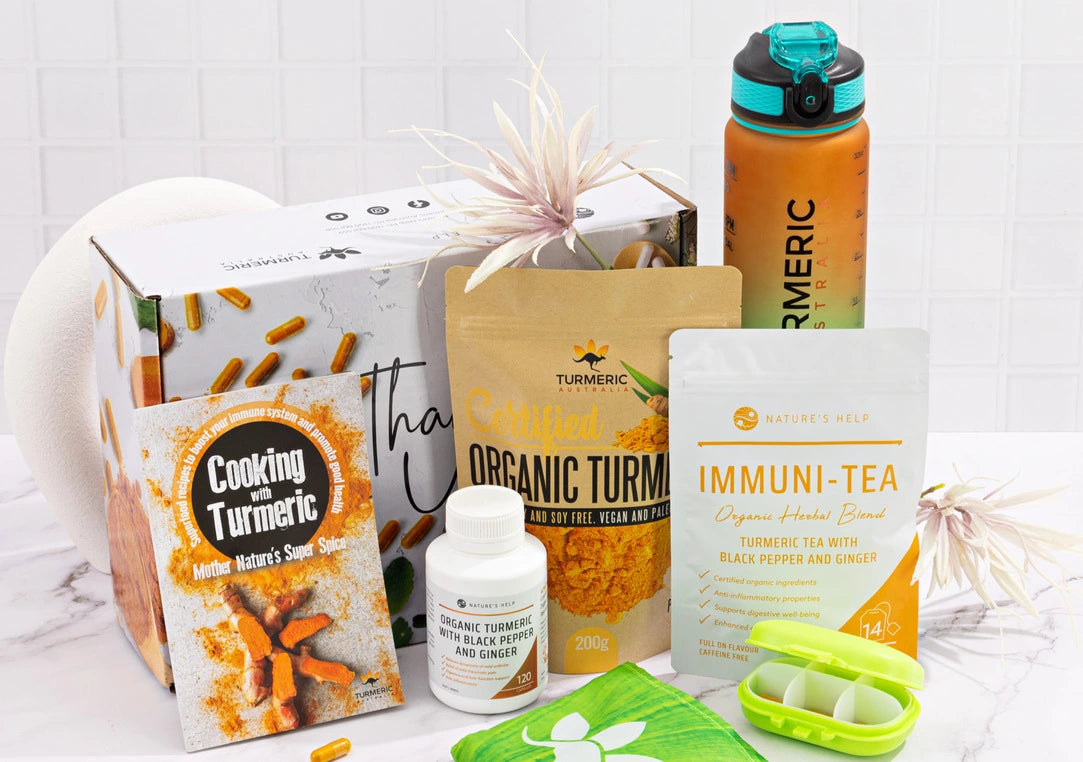Summer Fruit
Australia is the ‘lucky’ country. Because the climate differs from top to bottom of the continent, we are blessed with numerous growing seasons and experience the pleasure of most ‘seasonal’ fruit all year round. A variation in your diet has associated health benefits. Eating fresh and raw is the optimal method to absorb all those nutrients
Choose Australian fruit and vegetables, because they will be the freshest and will not have been kept for many weeks in refrigerated conditions. Seasonal food is synonymous with foods grown and harvested locally. Evidence suggests that the nutritional value of fruit and vegetables are at their highest immediately after harvesting and that the vitamins and minerals decline over time. Avoid pre-prepared produce – chopped up into plastic bags.
AUSTRALIAN FAVOURITES

Watermelon:
Each juice bite is a good source of vitamin A, C and B6 and lycopene and amino acids. Even potassium, which is good for muscle cramps and maintaining fluid levels in the body. Amino acids are the basic building block for protein in the body. Lycopene is a powerful antioxidant with anti-inflammatory properties. So, when you experience any joint pain, reach for a slice of watermelon. (In addition to your daily intake of turmeric of course.) 92% of a watermelon is water, hence being very good for hydration. Generally cheap to purchase, watermelon is a cooling fruit with only 40 calories per cup. And what about the seeds? They are high in protein, magnesium and vitamin B.

Mango:
Grown in the tropical and sub-tropical regions of Australia, mangoes abound with nutrients, with as many as 20 minerals and vitamins. Mango has a distinctive taste. The pink blush colour on the skin does not indicate ripeness. A ripe mango will give slightly when squeezed gently. A 200g serve provides you with three times your recommended daily intake of vitamin A and C. Australian mangoes provide more beta-carotene than any other fruit and are rich in fibre and potassium.

Papaya:
A native fruit of Mexico, the papaya is filled with antioxidants to help prevent cancers and heart disease. Deliciously sweet, its orange colour flesh is also a good source or beta-carotene (higher than carrots) – this helps to reduce inflammation and bloating. The nutrients in papaya are known to help with heart disease protection, promote digestive health and protect against macular degeneration.

Strawberries:
The bright red colouring is due to flavonoids and phytonutrients. Rich in fibre, vitamin C and manganese, it isn’t hard to polish off a whole punnet in one sitting – strawberries and cream being a very popular dessert. Once picked, strawberries do not ripen, so avoid those with green on them. Used throughout history in medicinal situations, strawberries help with digestive ailments, teeth whitening and skin irritations.

Plums:
Plums keep the heart healthy by maintain blood pressure levels. Research show eating plums can reduce breast cancer risk due to anthocyanins – the red-blue pigment in the plums. And a plum is only 30 calories. Plums are fantastic for tasty sauces, chutney, stewed, baked or in salads. And the good old favourite is plum jam. Don’t forget that dried plums are prunes and especially good for bowel movements.

Grapes:
A refreshing addition to fruit salads, grapes are high in antioxidants and a rich source of potassium to keep your heart healthy. Several grape phytonutrients are believed to play a role in longevity. Resveratrol is found in the grape skins and have shown to increase appearance in longevity genes.

Pineapple:
Resembling a pinecone, pineapple is an essential part of a fruit salad. Pineapple helps boost your metabolism, regulate hypertension and reduce inflammation. A low-calorie fruit that is rich in fibre, the pineapple boosts the production of collagen in the skin and promotes a healthy complexion. Pineapple stops ripening as soon as it is picked, so choose by heaviness and a sweet smell at the stem.

Berries:
Rinse berries just before eating or using them, never in advance, since they will become soggy and rot faster. If they seem like they are starting to fade, freeze them! They’ll be great in smoothies and any recipe that cooks them. Remember to add a teaspoon of ‘Gutsy’ to your smoothies to help improve collagen.
Blackberries should be shiny and plump. Avoid any mushy or moldy berries—the rot will spread fast.
Raspberries are the most delicate of all berries. Look for plump berries and never buy a punnet with smashed, rotting, or moldy berries—that damage spreads incredibly fast.
Blueberries have a tart-sweet flavour and is one of the only foods that are naturally blue.
Boysenberries are a hybrid of the raspberry and the blackberry. New Zealand is currently the largest producer and exporter of boysenberries. They contain a slew of minerals.
Mulberries have a sweet delicious taste and just like all berries, are packed with goodness. Be careful when picking mulberries off the tree as they will stain your hands and in turn stain your clothes.

Stone Fruit:
When you see apricots, peaches, nectarines and cherries for sale in the supermarket – it is a certain signal that the summer season is here.
Apricots develop their flavour and sweetness as the fruit softens. They are delectable in desserts, stewed or made into chutneys and jam. An excellent source of vitamin A, 3 apricots provide 30% of the recommended daily intake.
Peaches are also brilliant for jam, chutneys and for preserving. They bruise easily, so select smooth, unblemished fruit. Remember to add turmeric to your chutneys, to add that zing you need to combat joint pain and inflammation.
Nectarines are often called the nectar of the Gods. Actually a variety of the peach, it has a smooth skin with either a yellow or white flesh. They are best when just eaten as a snack.
Cherries have a high concentration of antioxidants and anti-inflammatory compounds, which may reduce chronic disease risk. Colours vary from yellow to deep red and they can be a tart or sweet variety.

